Stress And The Vagus Nerve
The connection between stress and the vagus nerve, and some of the things that need to be considered when approaching specific vagus nerve stimulation techniques as part of any any stress, anxiety and trauma management program.
What is The Vagus Nerve?
The vagus nerve, (vagal nerves) is the major cranial nerve, 75% of your parasympathetic nervous system. It is the longest cranial nerve, that runs from the brain to the body, the face to the chest and to the abdomen, the 10th of 12 cranial nerves.
The vagus nerve’s main function is regulation of the brain and certain internal organs such as heart and respiratory rate, digestion, the amount of blood passing through specific organs or body parts, as well as reflex actions such as sneezing, swallowing and coughing.
Parasympathetic Nervous System
The parasympathetic nervous system acts as a reset against the stress response ” fight or flight response”. It is known to control “rest and digest” a vital function of the body that helps regulate our bodily functions.
When the vagus nerve is damaged it can cause a lot of dysfunction of the parasympathetic nervous system, which can make it harder for the person to manage their anxiety, stress and trauma effectively.
Now this is where a lot of therapists will automatically just look at using any sort of vagus nerve techniques, but there is a few very important things to consider.
Is Strengthening And Resetting The Vagus Nerve Safe
It is possible to strengthen the vagus nerve through varies strategies especially resetting the vagus nerve.
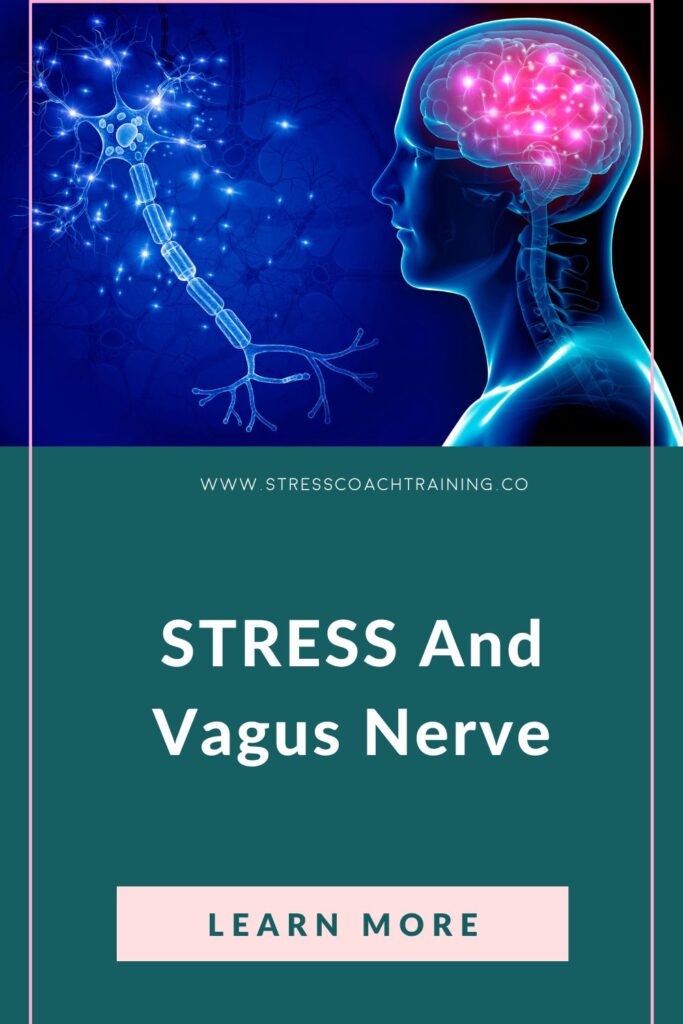 In-fact in recent years there has been a huge push in the promotion vagus nerve stimulation. And of course many relaxation, meditation and stress management techniques naturally help support the vagus nerve.
In-fact in recent years there has been a huge push in the promotion vagus nerve stimulation. And of course many relaxation, meditation and stress management techniques naturally help support the vagus nerve.
The main problem is some of the vagus nerve stimulation techniques being promoted are not safe and effective for everyone.
A lot of teachers and training, are missing out key pieces of vital information especially around the different causes of Vagus Nerve issues.
In healing and therapy it is so important to look and heal the cause, the trigger not just the symptoms.
Unfortunately the body is complex and each client is unique in relation to the cause of their vagus nerve dysfunction and other conditions or medical challenges that need to be considered.
Unless you have a very in-depth knowledge of knowledge of the body; anatomy of the nerves, muscles and the different medical conditions it is not always safe to push a one size fits all approach with certain techniques.
Sadly the wrong approach can lead to all sorts of horrendous issues for clients, for example “attempts to reset the vagus nerve in old people can even cause brain stroke”
So my advice to you when you are wanting to learn actual vagus nerve stimulation techniques find out if these specific techniques are suitable for your or your clients needs and if considering training, make sure the trainer covers cautions and contraindications.
For example it is one of the main reasons in my relaxation training (which tends to be a more safe approach to vagus nerve problems). We do not incorporate most breathing techniques at the beginning of the training as there is a lot of breathing techniques and breathwork that is not the most suitable for certain type of health challenges and in some cases chronic anxiety and trauma.
Conditions, Disorders and Physical Trauma That Affect The Vagal Nerves
Although psychological stress, or physical stress or trauma, inflammation or past infection are the cause. Below is some medical conditions, injury or physical trauma that can affect the vagus nerves.
Your vagus nerves issues can be involved or caused by these conditions below:
- Abdominal Surgery: Can cause nerve damage
- Bacteria and Viral Infections: Diphteria, Herpes, Lyme, TBC, viral, HZ can cause nerve damage
- Base Of Skull Tumours:
- Cranial Issues, Craniocervical Instability: Upper cervical instability, cranial conditions, cranial injury can cause the individual a lot of weakness in the head, neck, jaw, vision, dizziness, vertigo and balance issues.
- Diabetes: Diabetes can attack and inflam the nerves
- Neurological Diseases and Neurotoxicity: Epilepsy, Lyme, MS, Parkinsons Disease
- Scleroderma: Can cause nerve damage
- Spinal Cord Injury: Can cause communication disruption with vagus nerve
- Sudden Injury: bending, lifting, pulling, trauma and twisting
- Radiotherapy: Can cause issues, lesions on vagus nerve
- Vascular: Aneurysm, carotid artery dissection
Possible Signs Of Vagus Nerve Issues
Here are some symptoms that can be caused by vagus nerve issues. But it is important to always check with a medical professional, as there can be a variety of causes for the symptoms and signs below.
- Abdominal pain and bloating.
- Acid reflux (gastroesophageal reflux disease, GERD).
- Balance Issues
- Blurred Vision
- Changes to heart rate, blood pressure or blood sugar.
- Difficulty swallowing or loss of gag reflex.
- Dizziness or fainting.
- Hoarseness, wheezing or loss of voice.
- Loss of appetite, feeling full quickly or unexplained weight loss.
- Nausea and vomiting.
Safest Ways To Support The Vagus Nerve
Aromatherapy Essential Oils: There are a variety of essential oils that can help soothe the nervous system and vagus nerves and can help support those suffering from nerve inflammation. Camomile, Lavender, Lemon Balm and Ylang Ylang can be useful but it is important to check out any contraindications, seek advice from a fully qualified aromatherapist when you can.
Aromatherapy Massage: A relaxing aromatherapy with the right choice of essential oils and the right aromatherapy massage techniques suitable for your specific needs can help encourage deep relaxation and a much healthier vagus nerve function.
Body Scanning – Body scanning can help help you become more body aware, improve body posture especially cervical issues to help improve improve the vagus nerves. Check out my Body Scanning Video
Calming Music: Calming music , classical music and chanting is known to have benefits to the vagus system.
“Classically, low frequency (5–10 Hz) VNS is known to stimulate vagal efferents, i.e., the CAP. However, we have shown in experimental conditions that even at low frequency stimulation vagal afferents are also activated in anesthetized rats under VNS in an fMRI study using dynamic causal modeling to estimate neuronal connectivity (148). We have also reported that long-term low frequency (10 Hz) VNS was able to induce modifications of the electroencephalogram in a CD patient under VNS (149).”
Chiropractor: Seek out a suitably qualified chiropractor doctor for any cervical instability issues or spinal alignment issues that maybe impacting or influencing your vagus function.
Exercise: Keeping healthy with a suitable exercise regime for your age and health will help strengthen the vagus nerve, support your physical structure and alignment which is important for vagus health.
Exhale: a good exhale during meditation or a good exhale after a deep breath can do wonders. See meditation below.
Grounding: Grounding can really help support a healthier nervous system and vagus system. Grounding techniques can be extremely helpful.
Havening: Havening is helpful for those suffering from stress and trauma related vagus nerves dysfunction.
Humming and Singing: – Because the vagus nerves run through the larynx and pharynx, humming or signing can help strengthen vagus in a more natural and joyful way.
Meditation – the right meditation tools can be really helpful at helping you become more centred, grounded and still. Check out my 5 Minute Meditation Technique which includes a simple effective and natural way to extend the exhale.
Relaxation Techniques : For anyone suffering from chronic anxiety or trauma where there is serious vagus nerve dysfunction, I recommend starting with a daily relaxation technique such as PMR. If you have serious spinal or back injury, you can imagine the muscles relaxation or look at some autogenic techniques.
Yawning: A good yawn can help most people but this wont work in some people with certain injury and trauma to the jaw or neck.

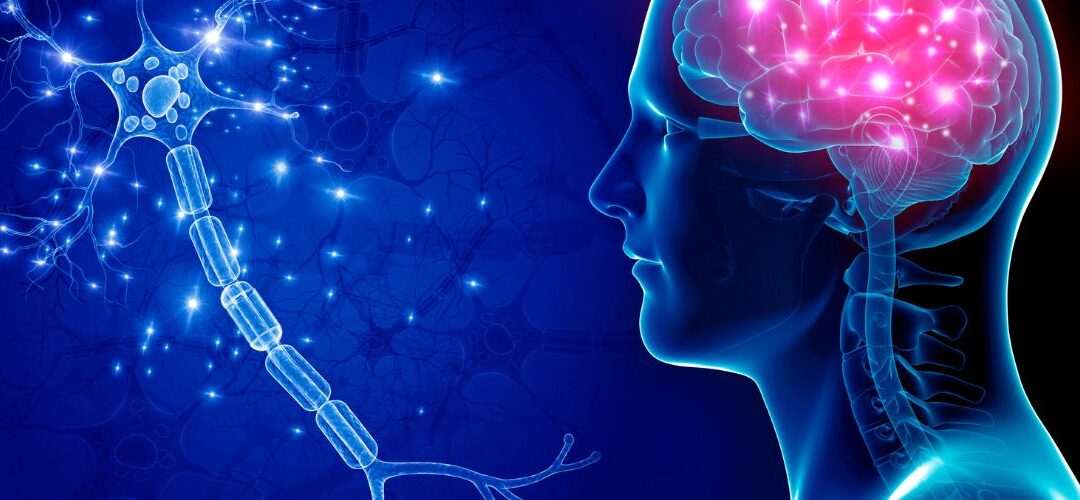


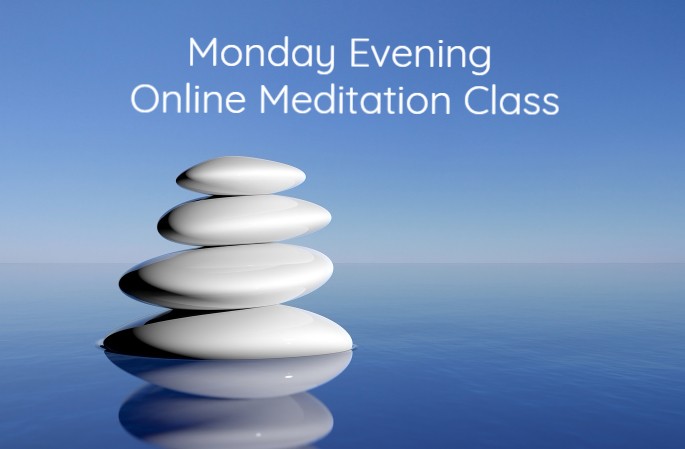

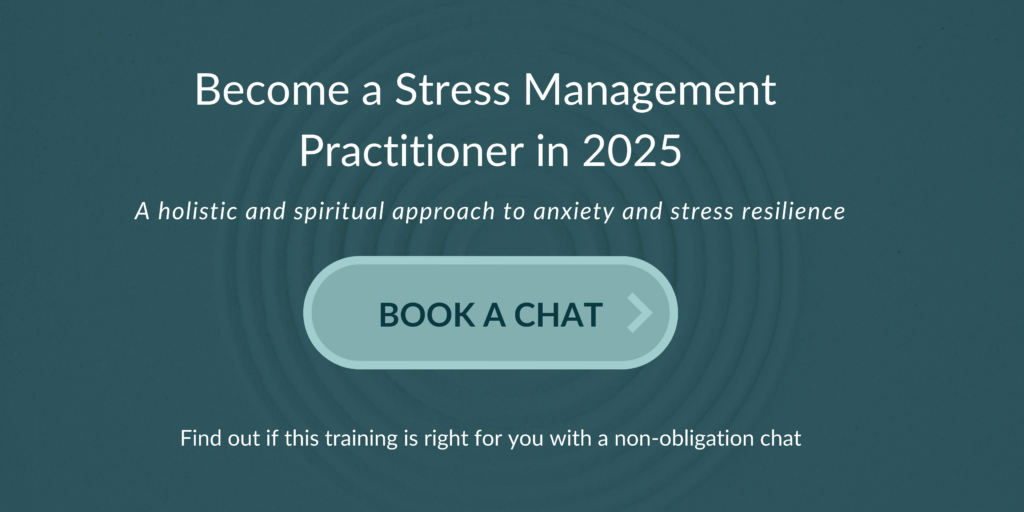
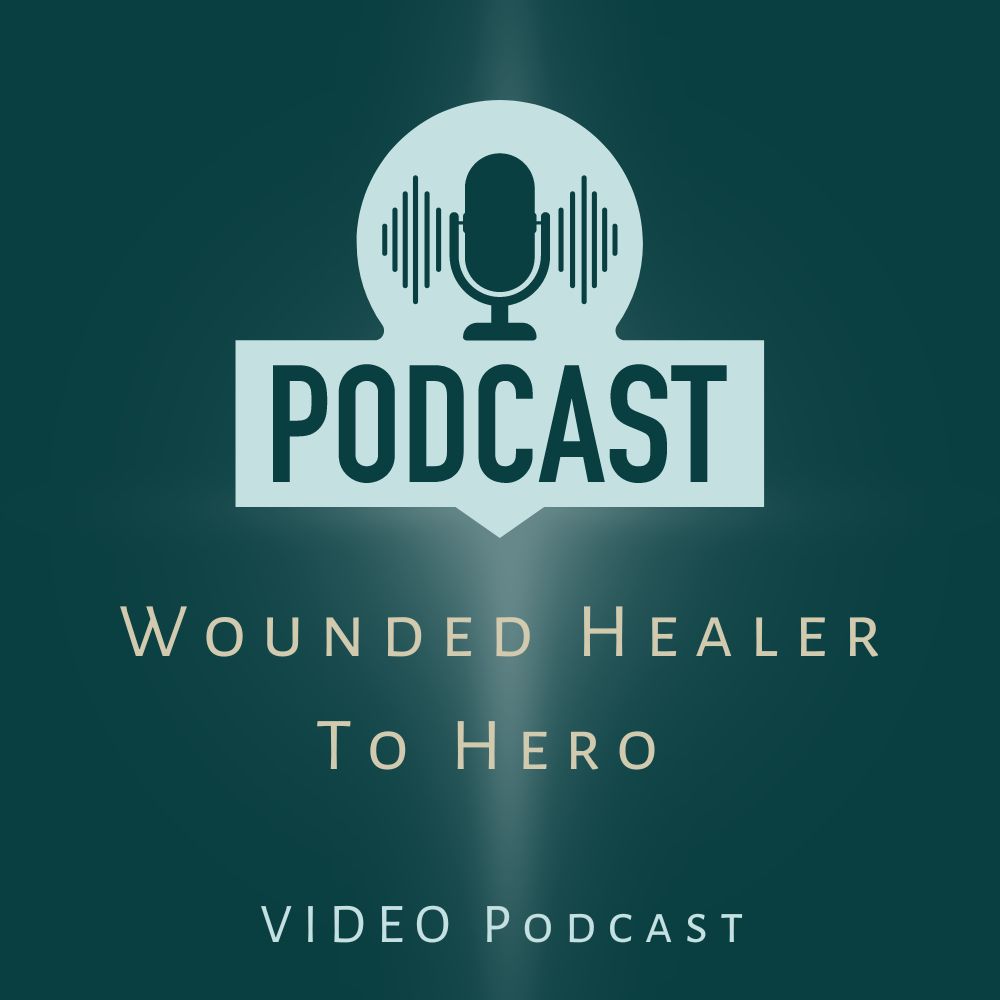
Wow, what a comprehensive read! And very helpful to use as a reference in my practice. 😊
Glad you found it helpful Desiree